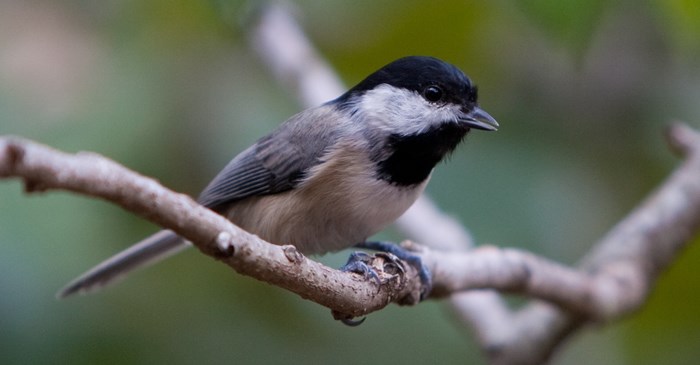A bird’s beak reveals a lot about what it eats and how it lives.
Here’s a look at four common backyard bird beak shapes and how they’re used as tools to help them eat:
Conical:
This is the classic, triangle shape that springs to mind whenever someone says “beak.” Wide at the base with a sharp point, this structure gives birds the power to crush the hull of a seed like a nutcracker and access the “meat” inside. Birds with conical-shaped beaks include grosbeaks, sparrows, finches and cardinals.
Long, sharp-pointed beak:
Think of these beaks as similar to tweezers that are suited for grabbing insects from tree bark and leaves — or in some cases, pulling worms from the ground. Prime examples are warblers and thrushes, which include the Wood Thrush, American Robin, and bluebirds.
Short, flat beak:
Aerial insectivores use their beaks like nets to catch and eat insects in flight. They may also have whisker-like modified feathers near the base of the beak, which helps them grab more insects. Examples of aerial insectivores include swallows, swifts, Nighthawks, and Purple Martins.
This describes the strong, long, tapered beak of the woodpecker. They use this tool for many things: making holes in trees for their nests, probing for insects and communicating by drumming on hard surfaces.
All-purpose beaks?
In some cases, it’s hard to place a songbird into one of the four categories because they’re not an exact fit.
Nuthatches probe for insects in tree bark with those long, pointed beaks. But they get their name for the unique way they crack open acorns and seeds: after wedging the food into a bark crevice, they start hammering away!
The Chickadee’s short, pointed beak picks up spiders, grabs flying insects and pecks open sunflower seeds — and chips off pieces of the meat.
A Blue Jay uses its long beak as an all-purpose tool. It picks up insects, caches acorns by pushing them into the ground, and hammers open seeds, nuts and occasionally eggs.
To attract the widest variety of birds to your feeder, you’ll want the bird food blend that has all the right ingredients. Lyric Supreme Wild Bird Mix is suited for a variety of beak shapes, with black oil sunflower seeds, cracked corn, small golden millet, Nyjer seed, shelled peanuts and more.
